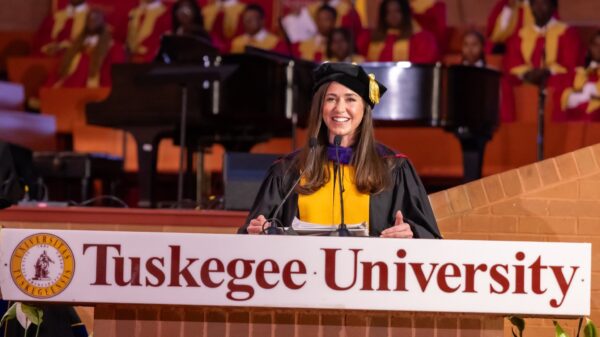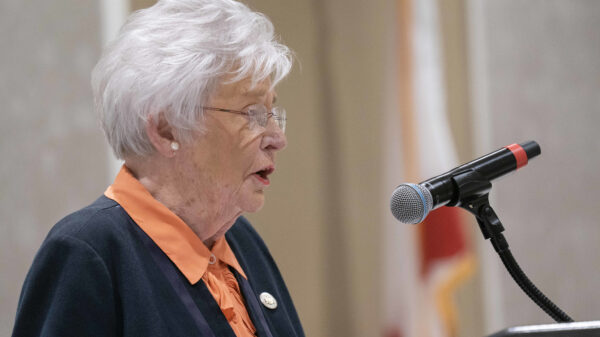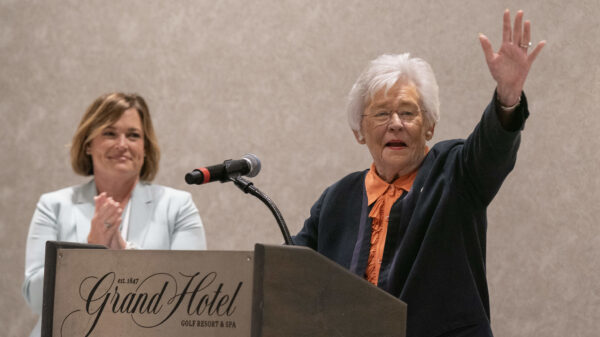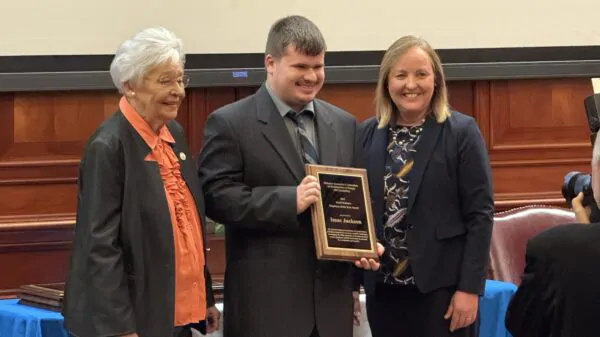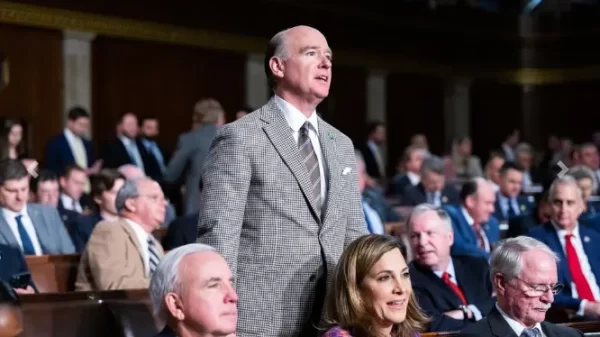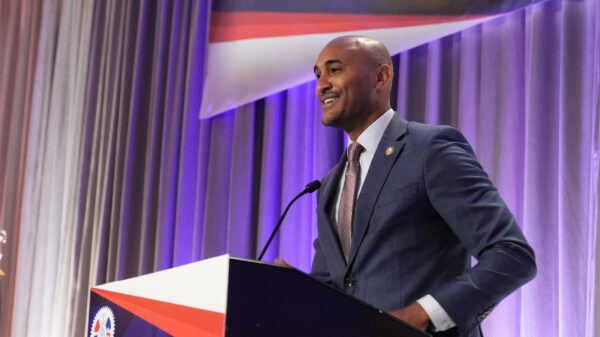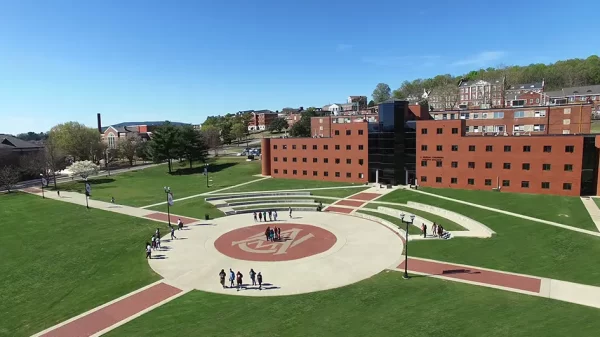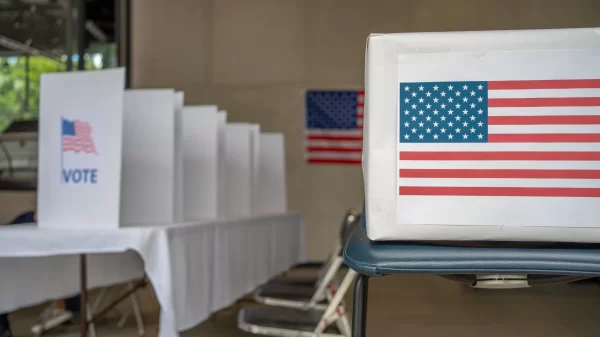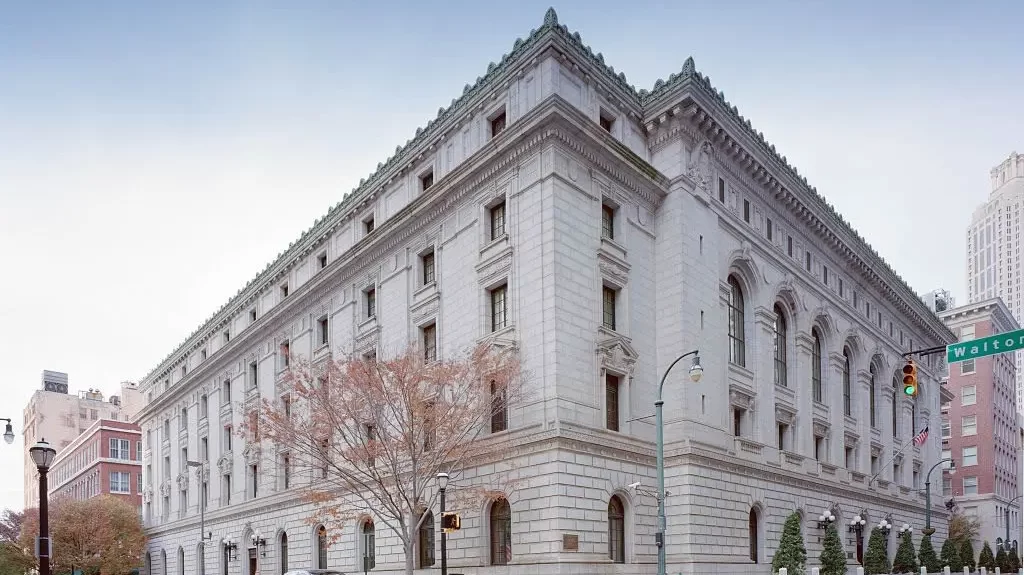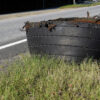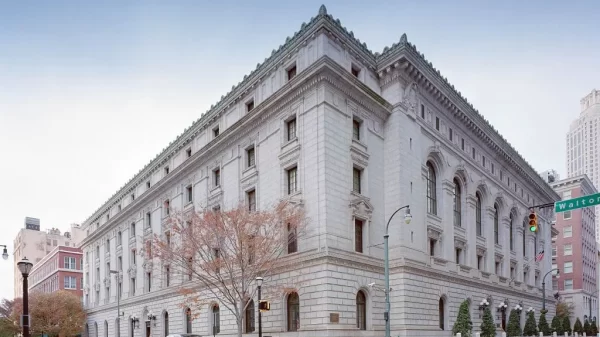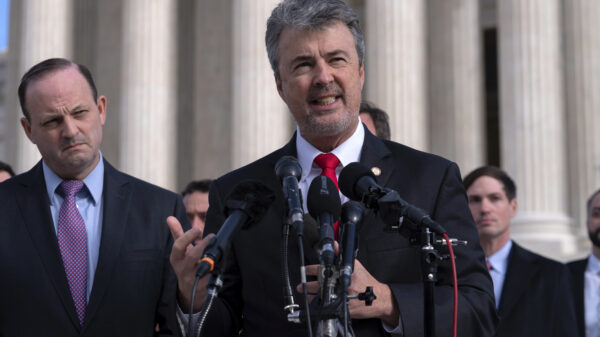We need to get a few things straight about the lawsuit between the Poarch Band of Creek Indians and the Muscogees.
Over the past few weeks, as a long-running legal dispute between the two tribes crept back into the public realm, there have been a lot of things written and said about the salacious allegations involved and the decision of the 11th Circuit Court of Appeals to send the case back to a lower court.
Unfortunately, much of that attention has landed on the spectacle of it all, leaving facts and the real history hard to find. To some degree, that’s understandable – here is a case in which one tribe is declaring loudly that another, in a quest for cash, dug up its dead in order to build a casino. That makes for a very clickable headline on a website, and it tends to turn one tribe into greedy villains and the other into victims.
Even if it would require a remarkable leap in basic logic for those to be true.
Regardless, somewhere amid the allegations and legal filings, a few pertinent facts have been glossed over in the narrative that has been distributed to the public. Starting with what, exactly, happened with the 11th Circuit’s ruling.
Despite what you may have read, the decision from the 11th Circuit was not really a “win” for the Muscogee tribe. That might sound odd, given that the court revived what was essentially a dismissed case, but it did so because the lower court erred when applying blanket sovereign immunity.
Essentially, the 11th Circuit asked for a do-over – instructing the Muscogees to re-file the complaint and make more clear which allegation related to which defendant, and instructing the District Court to then determine if immunity was appropriate in each individual case. It also dismissed the Poarch tribe and its gaming entity as defendants, leaving only Poarch officials as tribal defendants in the case. And it pointed out that tribal officials typically enjoy immunity from actions that occur on tribal lands, which would seem to leave only the narrowest gaps for a Muscogee complaint to successfully wriggle.
So, while the case was revived, it’s still very much in grim shape.
And that’s because courts – when they operate appropriately – don’t determine cases on good PR or salacious allegations. They are determined on the law, legal precedent and hard facts.
And here are some pertinent hard facts in this case: No one desecrated a burial site to build a casino. No one acted callously or greedily. One tribe didn’t undercut another tribe to earn a few bucks.
It just didn’t happen. There are no evil villains in this story.
What did happen, as with most things in life, is something far less salacious and far more complicated and nuanced. The issue dates back decades and involves all sorts of complex and little known legal issues that deal with federal laws dedicated to the preservation of Native American history, and specifically to the preservation of Native American burial sites and remains.
If you’re a bottom line kind of person and don’t want to stick around for the rest, here you go: After covering this ordeal for a decade and reading most of the legal filings and hearing many of the arguments, I can’t find where the Poarch Creeks violated, or even potentially violated, any laws. And the 11th Circuit’s decision didn’t note any either.
Because the first thing that everyone should know about this is that the sacred ground site at the center of all of this very likely contains both Muscogee and Poarch Creek ancestral remains. Which means the Poarch Creeks would have just as much right to determine the internment process of those remains, and would have a vested interest in ensuring that those remains were well protected, preserved and treated appropriately.
But before we get too far down that road, let me backup and explain how we got here.
In Wetumpka, along the banks of the Coosa River, there is a 33-acre plot of land, that was a Creek town known as Hickory Ground. It was one of more than approximately 60 towns that existed along the waterways here in Alabama. Like these other Creek towns, it was destroyed with the forced removal of more than 20,000 Native Americans from Alabama affected during the Indian Removal Act of 1830. An act that led to the Trail of Tears and essentially the murder of thousands of Native Americans by the U.S. government.
The Poarch Creeks’ ancestors also resided in that area and descended from the Hickory Ground town.
In 1980, with little money and without federal recognition at the time, the Poarch Creeks learned that the land in the Wetumpka area was for sale and it had been suspected by several archaeologists to contain evidence of the historical Hickory Ground town. Someone else wanted to build a Walmart on it.
The Poarch Creeks reached out to the Muscogees of Oklahoma to inquire about a partnership, and sharing that bill to purchase the land because of the historic significance to both Tribal nations. There was no interest, so the Poarch Creeks moved forward with the “repurchase” of their prior tribal lands as the sole buyer.
After buying it, though, they entered into a covenant with the state of Alabama promising not to commercially develop the land for 20 years. When the 20-year covenant period lapsed, the Poarch Creeks announced plans to build a resort and casino on a portion of the lands. The Tribe employed Auburn University researchers to properly excavate the site and monitor any construction efforts. In 2005, because of this effort, the ceremonial “square grounds” – a historically significant area of the Hickory Ground town that served as a town square and burial site – was discovered.
That site was preserved as it was found and is protected in perpetuity, along with a 17-acre parcel of undisturbed land. Today, the square grounds is fenced off and surrounded by cypress trees – left in the exact manner in which federal law and tribal customs demand.
Because, again, it holds the remains of Poarch Creek ancestors.
No one has a problem with any of this so far.
But as the construction continued post-2000, workers discovered more fragmented human remains in another area, well away from the square grounds. Not while erecting the casino, but while moving dirt to build a parking deck.
The work was stopped and researchers and experts were called in to determine what was what. The remains were collected and cataloged. A determination was made that those remains were likely scattered from the main burial site as the result of farming, flood or other natural migration.
The fragmented remains were re-interred according to tribal customs. In fact, during a 2012 reinterment ceremony, the Poarch Creeks followed guidelines provided to them by Muscogee Mekko George Thompson and the Muscogee Nation’s Tribal Historical Preservation Officer.
And, well, here we are.
For the life of me, I can’t tell what the Poarch Creeks have done wrong here – and believe me, I’ve tried. No one can point to a law that was violated. No one can identify an actual tribal custom that wasn’t followed.
Still, though, the Muscogees have been cast as the victims in this play. The Poarch Creeks as the greedy villains.
But to believe that you have to make those leaps in logic that I mentioned earlier, not least of which is the fact that tribal officials would have had to accurately predict in 1980 that they would receive federal recognition four years later. And then that electronic bingo would be invented and become popular casino games 20 years later. And then that the federal government would a decade later allow tribes to conduct gaming on their lands.
While that would definitely make for a salacious story, the actual one is that the Poarch Creeks used a small portion of tribal lands it legally acquired to build a casino well away from the sacred grounds that exist on another portion of that land. And another tribe is not happy about its success.




